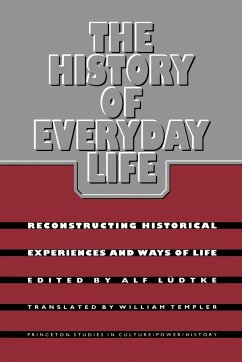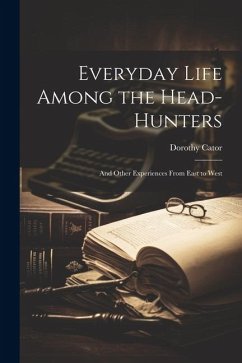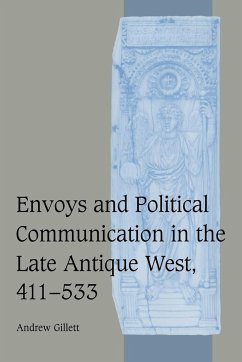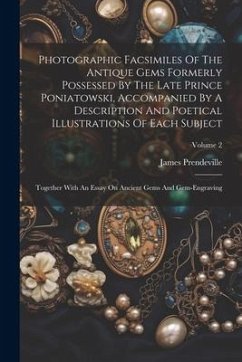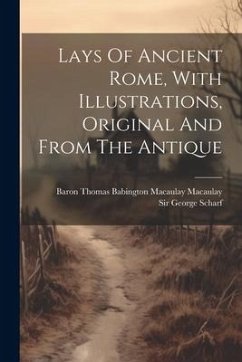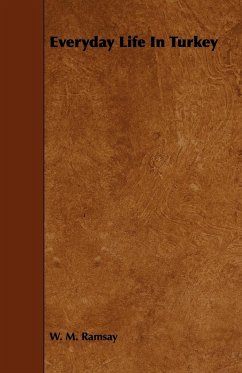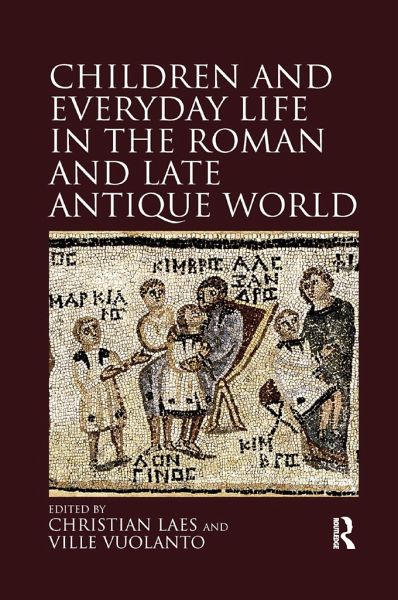
Children and Everyday Life in the Roman and Late Antique World

PAYBACK Punkte
28 °P sammeln!
By combining different theoretical approaches and source materials, the contributors explore the environments in which children in antiquity lived, their experience of everyday life, and what the limits were for their agency. The volume brings together scholars of archaeology and material culture, classicists, ancient historians, theologians,





